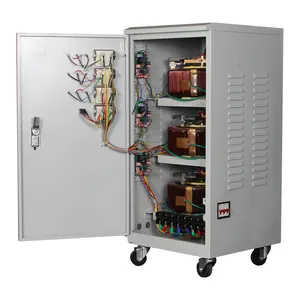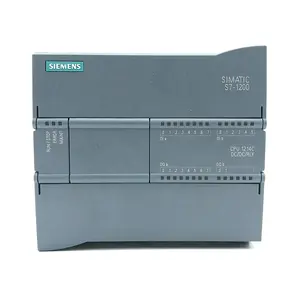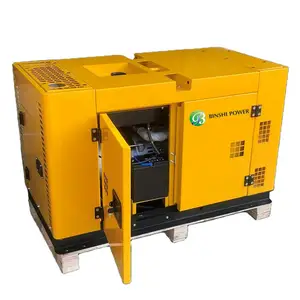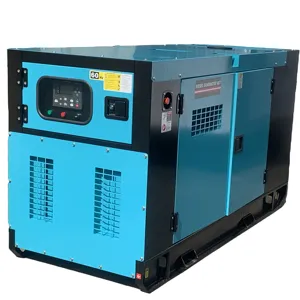Popular in your industry

















Related Searches:

























Top categories
About 2.5mm2 cu core cable
Introduction to 2.5mm2 Copper Core Cable
The 2.5mm2 copper core cable is a fundamental component in the electrical industry, catering to a myriad of applications. This specific gauge of cable is designed to facilitate efficient power distribution while ensuring safety and reliability in various electrical circuits.
Types and Applications
Different types of 2.5mm2 copper core cables are available to suit diverse applications. These cables are commonly utilized in residential wiring, light commercial environments, and even in some industrial settings. Their versatility makes them suitable for fixed installation in lighting circuits, power systems, and internal wiring of devices.
Features and Materials
The 2.5mm2 copper core cable is distinguished by its conductive copper core, known for its excellent electrical conductivity. Insulation materials may vary, with PVC being a popular choice for its durability and protective qualities. The construction of these cables ensures a balance between flexibility and strength, making them suitable for both exposed and concealed work.
Advantages of Copper Core
Copper as a material offers superior electrical conductivity compared to other non-precious metals. Cables with a 2.5mm2 copper core are preferred for their efficiency and consistent performance. The thermal properties of copper allow these cables to withstand varying temperatures without compromising their integrity or performance.
Selection Considerations
When sourcing 2.5mm2 copper core cables, it is crucial to consider factors such as insulation type, voltage rating, and current carrying capacity. The choice between single-core or multi-core configurations also plays a significant role depending on the complexity of the application.
Compliance and Standards
Ensuring that the 2.5mm2 copper core cable meets relevant standards is vital for safety and performance. These cables should comply with international and industry-specific regulations to ensure they can be safely integrated into electrical systems.





















